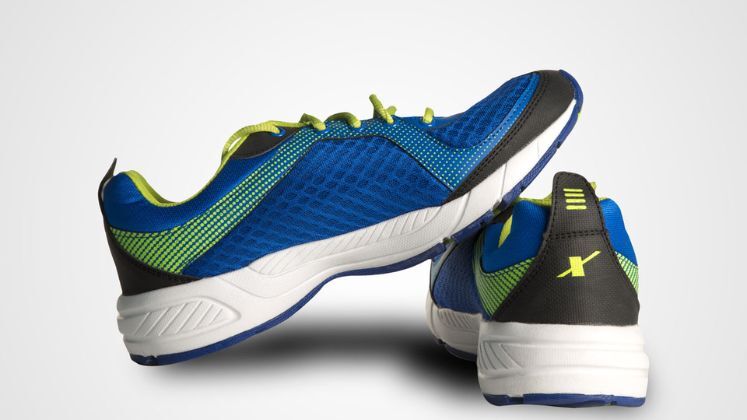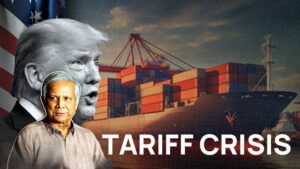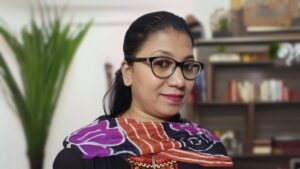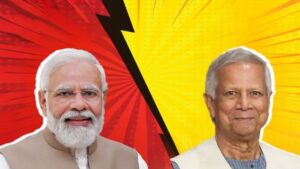
Bangladesh’s rapidly expanding non-leather footwear sector faces a significant challenge as new tariffs imposed by the United States threaten its export growth and global competitiveness. The sector, which has seen more than double its exports over the past seven years, earned US $ 523 million in FY 2024-25, up from US $ 244 million in FY 2017-18, driven by increasing global demand for synthetic shoes known for their comfort and style.
However, starting 1st August, the US Government has introduced a steep 50% tariff on synthetic footwear shipments from Bangladesh, including a newly imposed 35% duty on top of the existing 15%. This move has raised fears among local manufacturers that their competitive edge will be eroded, potentially reversing the recent gains in US market share. Vietnam, which faces a lower 20% tariff, is poised to benefit at Bangladesh’s expense.
Riad Mahmud, managing director of Shoeniverse Footwear, expressed concern over the impact of the tariff hike. Mahmud’s factory in Mymensingh employs 4,700 workers, and he noted that about 95% of US orders have been temporarily postponed due to the new tariff, risking job security and cash flow stability.
Bangladesh’s non-leather footwear segment has gained momentum partly due to its competitive labor costs and experience from the readymade garments industry. Major Western brands such as H&M, Puma, Decathlon, Inditex, Aldi, Matalan, and RedTape have been increasing their orders from Bangladeshi suppliers post-pandemic to diversify away from China.
Despite the sector’s growth, profit margins remain extremely thin, with labour costs accounting for 20-22% and raw materials making up around 70% of production costs. Exporters also face challenges from delays at customs and unclear trade policies, which hinder long-term planning.
Hasnat Md Abu Obida Marshall, managing director of Maf Shoes Ltd, highlighted that US orders are already on hold or canceled, adding to long-standing issues like high import duties on raw materials—up to 60%,and the lack of Government incentives compared to China, which offers 7-12% incentives and has better access to raw materials.
He also pointed out that low productivity and Bangladesh’s upcoming graduation from the least-developed country status in November could further threaten the industry’s future, risking investments and jobs.
The uncertainty surrounding tariffs has also affected other sectors, notably garments, raising concerns about Bangladesh’s overall export competitiveness. Industry leaders are calling on the Government to negotiate with US authorities to secure continued market access and protect the sector’s interests.
Ahsan Khan Chowdhury, chairman and CEO of Pran-RFL Group, urged the Government to expedite discussions with the US to prevent severe disruption.
Similarly, Hasanuzzaman, managing director of BLING Shoes Ltd, which posted 30% export growth last year, expressed cautious optimism but acknowledged that future orders depend on US tariff policies.
As the sector grapples with rising trade barriers, industry stakeholders emphasize the need for stable trade policies, increased capacity investments, and strategic negotiations to sustain Bangladesh’s emerging position in the global synthetic footwear market.






